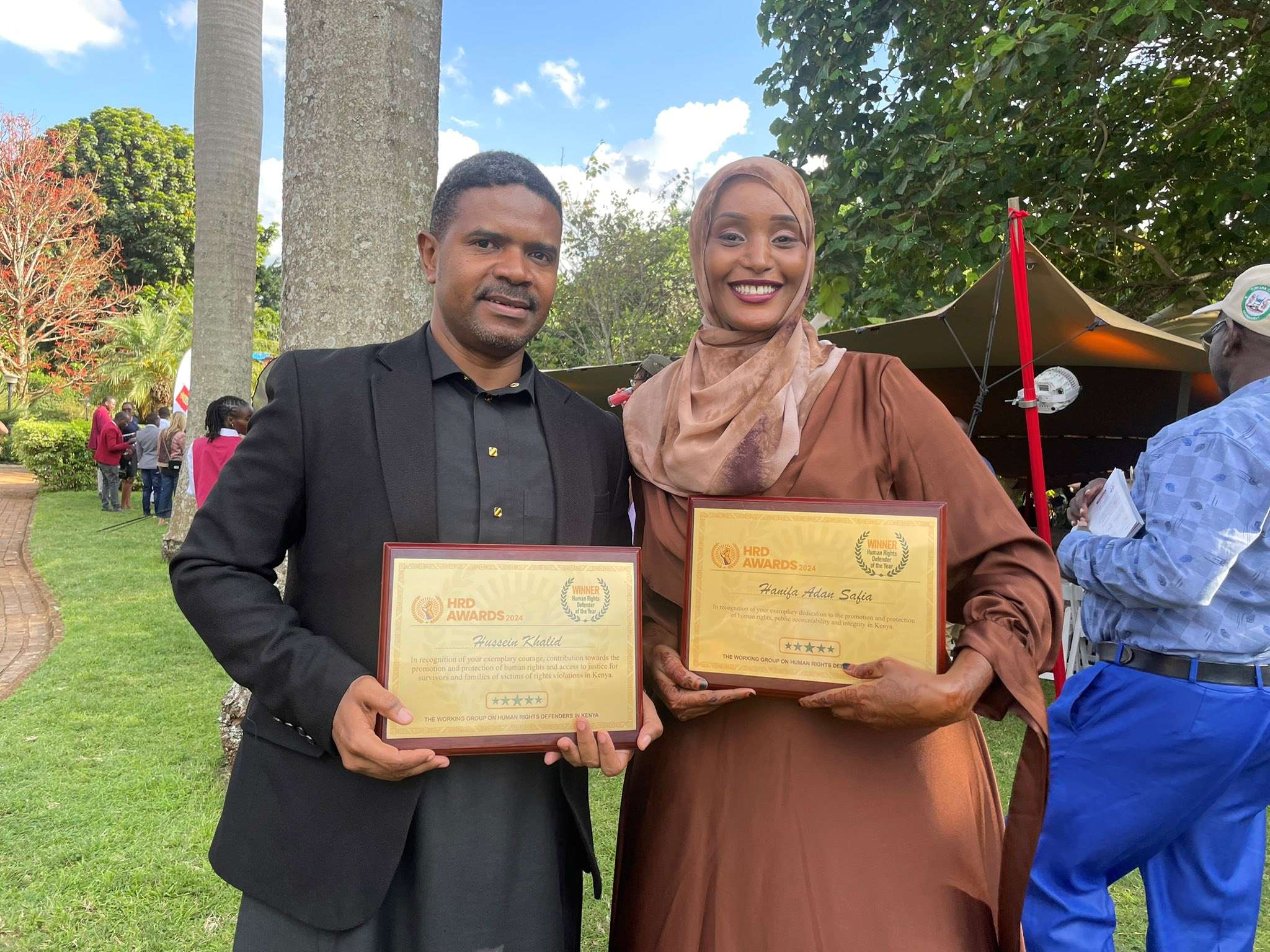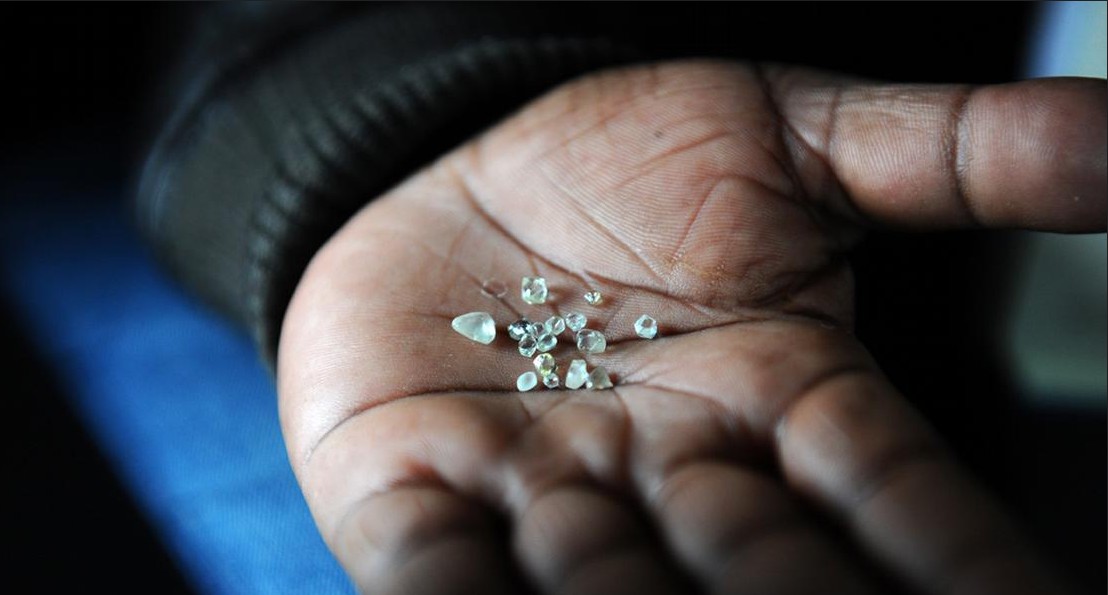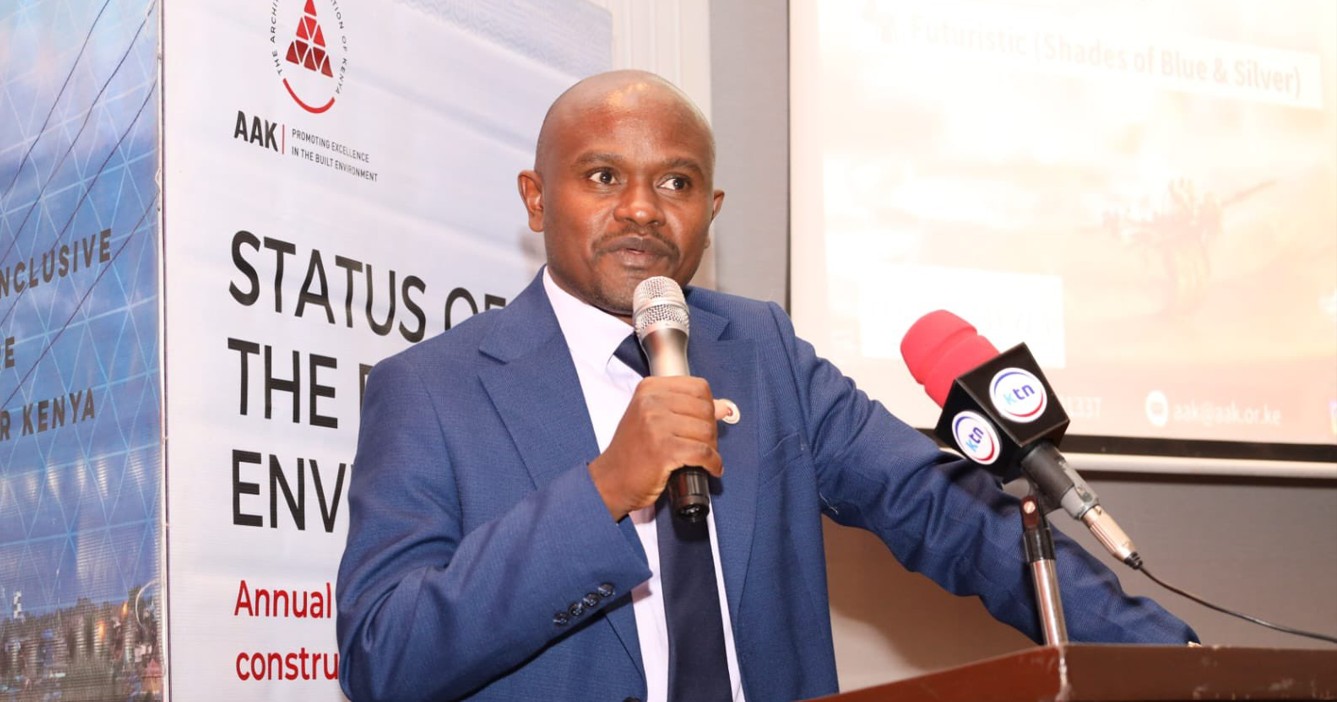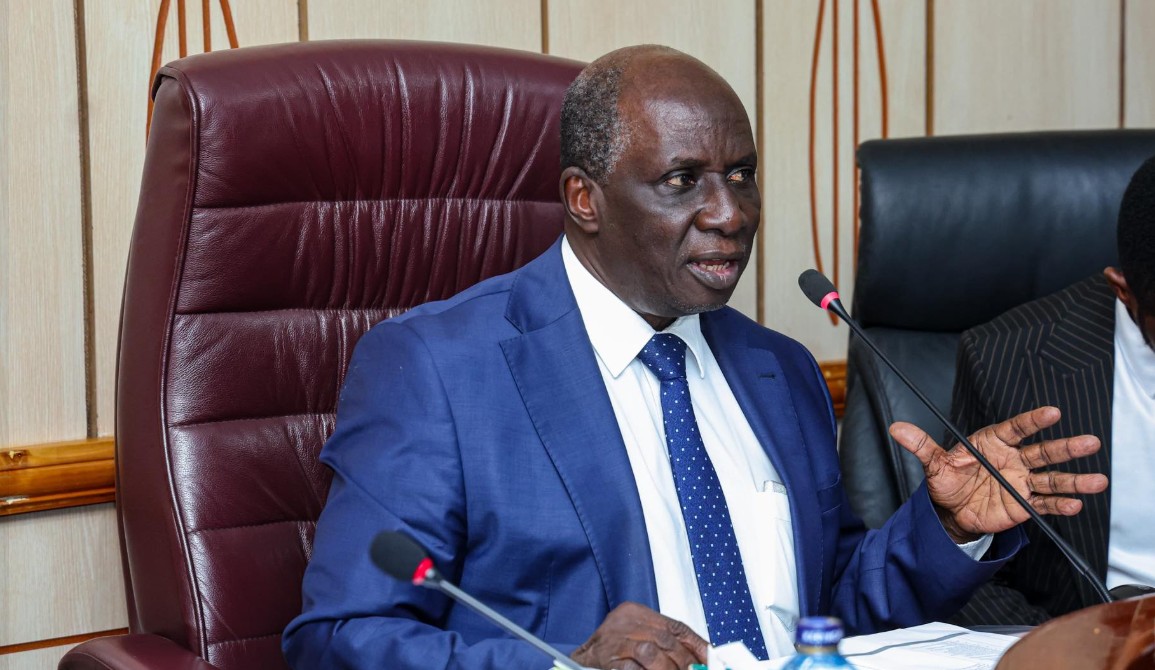Kenya spends billions on rent for diplomats abroad amid dilapidated missions

The heavy burden arises from the lack of permanent residences in key capitals and the deterioration of older properties, some now uninhabitable.
Kenya's diplomacy costs taxpayers over a billion shillings a year, with the Foreign Affairs ministry spending more than Sh100 million monthly on rent for diplomats abroad.
This heavy burden arises from the lack of permanent residences in key capitals and the deterioration of older properties, some now uninhabitable.
More To Read
- Angola’s TAAG Airline launches Nairobi flights as AirAsia exits Kenya
- Kenya steps up lobbying after nominating Prof. Phoebe Okowa for International Court of Justice seat
- Kenya’s Singapore dream meets hard realities as country joins 13 African states at Singapore summit
- Ruto’s top diplomat in Geneva under fire over Sh2.5 million housing lease
- Kenya’s diplomatic chessboard: Ruto’s Foreign Ministry shake-up tests strategy over stability
- It’s a miracle, says Stephen Munyakho on arrival in Kenya after 14 years in Saudi jail
A government document setting rental ceilings for residential houses across all 68 missions reveals the scale of the challenge: Kenyan envoys still rely on expensive rented premises, locking taxpayers into unsustainable bills year after year.
Some postings are especially costly. The mission to the UN in Geneva spends more than 48 million shillings annually on housing. New York, Seoul, Los Angeles, and Madrid also rank among the most expensive.
The issue came under sharp focus when Kenya’s permanent representative to the UN in Geneva, Fancy Too, was criticised for allegedly signing a lease for an official residence at 16,000 Swiss francs (about 2.5 million shillings) per month—4,000 francs above Nairobi’s ceiling of 12,000 francs (1.9 million).
Dilapidated accommodation
Elsewhere, some diplomats have been left in dilapidated accommodation.
A 2023 parliamentary report described certain residences as “unfit for occupation,” forcing additional spending on alternative housing.
In Riyadh, for example, Kenya’s chancery has been hemmed in by a three-storey shopping mall under construction since 2020.
Saudi authorities had offered Kenya land within the diplomatic quarter to relocate the mission, even pledging to build a new chancery next to the U.S. embassy at no cost. Negotiations advanced, architectural designs were shared, and the Attorney General gave his opinion.
But the process stalled after Nairobi asked the Saudis to formalise the relocation in writing—a move seen as backtracking.
“After several correspondences, the Saudi ministry informed the mission that relocation was unnecessary since the developer had taken steps to reduce inconvenience from the mall,” Kenyan diplomats in Riyadh later told parliament.
Kenya lost out
Parliament’s committee noted that Kenya lost out: the chancery remains boxed in on three sides, while the proposed new site would have been larger and more convenient.
Meanwhile, the ambassador’s residence—acquired in 1983—still functions but requires repairs. Its swimming pool, left incomplete for lack of funds, has never been operational.
Critics say the situation is wasteful, given Nairobi’s repeated pledges to invest in permanent chancery and residential properties abroad.
The ministry itself acknowledges the problem.
In a confidential memo, Foreign Affairs Principal Secretary Korir Sing’Oei reminded all 68 missions that, amid “budget cuts and austerity measures,” housing allowances must remain within set limits.
Top Stories Today













































